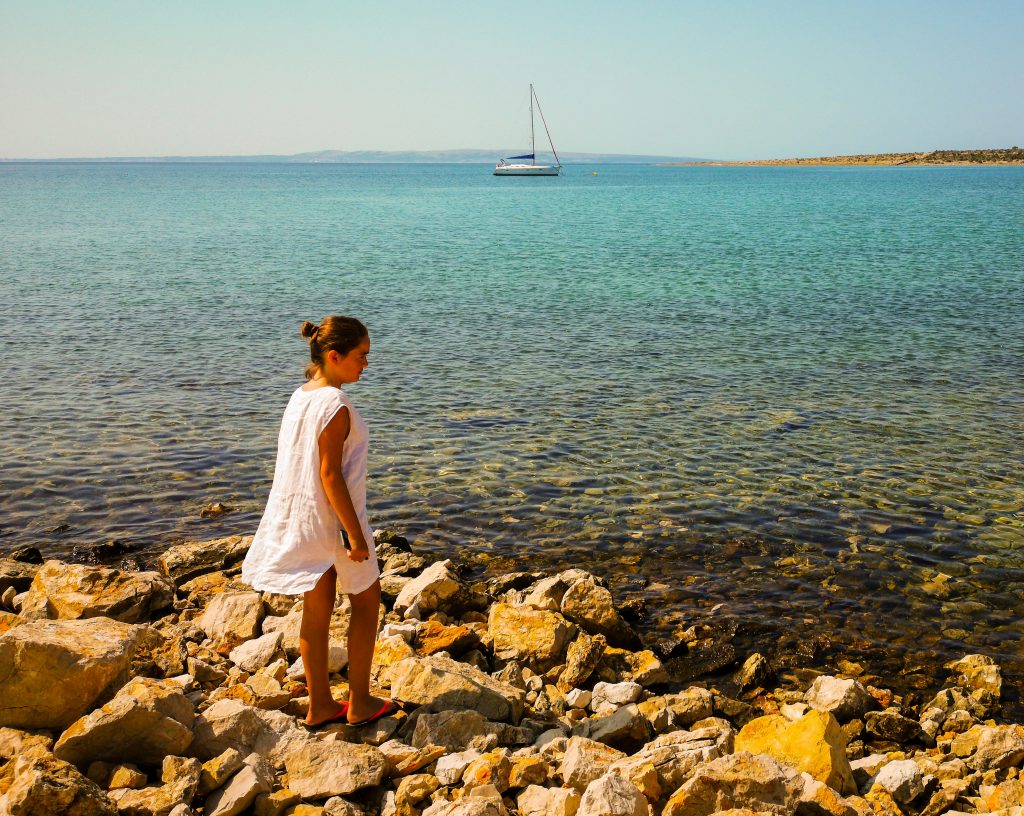August the 12th, 2024 – The Croatian Adriatic Sea which draws visitors from across the world each year is becoming much warmer, and much saltier. A scientist from the Institute of Oceanography and Fisheries in Split explained more.
As Morski writes, scientists are continuously warning the public that the world’s seas and oceans are, on the whole, getting warmer in the deeper layers. They’re also getting saltier. The Croatian Adriatic Sea is far from immune from these damaging changes, and Natalija Dunić from the Institute of Oceanography and Fisheries in Split revealed more. She stated that the projections show that by the end of this century, we can expect the sea temperature to rise by up to three degrees.
The glorious Croatian Adriatic Sea is heaven on Earth for countless visitors to the country every year, and is well known for its beauty and incredibly rich biodiversity. That being said, harmful climate change could have far-reaching consequences for Croatian waters, and render them dramatically different forever.
Constantly rising temperatures are what is very alarming and is a direct result of all these changes that we’re experiencing, especially due to climate change. In the very deep layers of the sea, both around the world and in the Croatian Adriatic Sea, temperatures have been steadily rising for ten years. The current projections say that by the end of this century, we can freely expect a temperature rise of up to three degrees even on the surface of the sea.
“We can only imagine what this rise at the surface means for the very depths. We have yet to monitor this systematically in order to be able to answer that question and do as much as possible in our power to adapt to this changes that are already very much here and which, unfortunately, will not go away,” warned Dunić.
“Recently, we carried out some research on sea penetration into the Neretva River valley and what we noticed is that the penetration that is happening doesn’t stop until a certain point. We measured from the mouth of the Neretva River all the way to the town of Metković, and the sea was salty, that is, the river was salty in the bottom layers all the way to Metković,” said Dr. Natalija Dunić of the Institute of Oceanography and Fisheries in Split.
Anyone who is acquainted with the famous Neretva River will know that it isn’t closed off, it is a river delta, which means that the sea also penetrates into agricultural areas. The saltier and warmer those waters, the more damage will be done to one of the most fertile parts of the country.
It makes those areas salty, and that can reduce agriculture in that area, that is, the valley of the Neretva river – he says.











